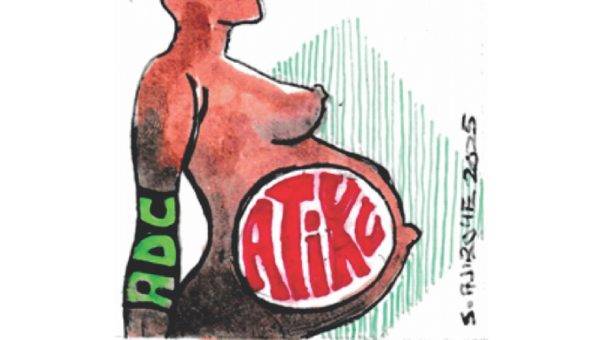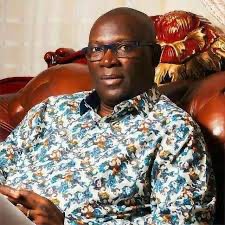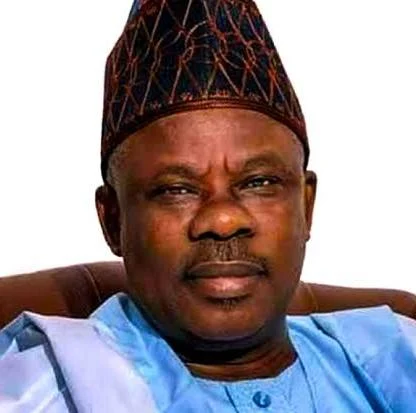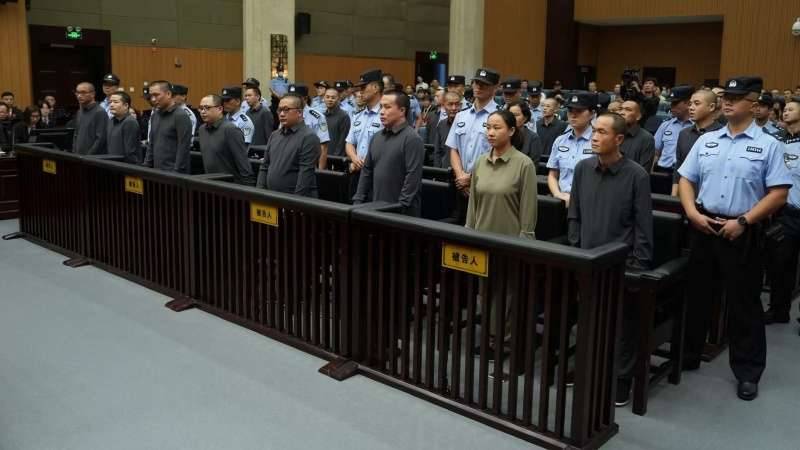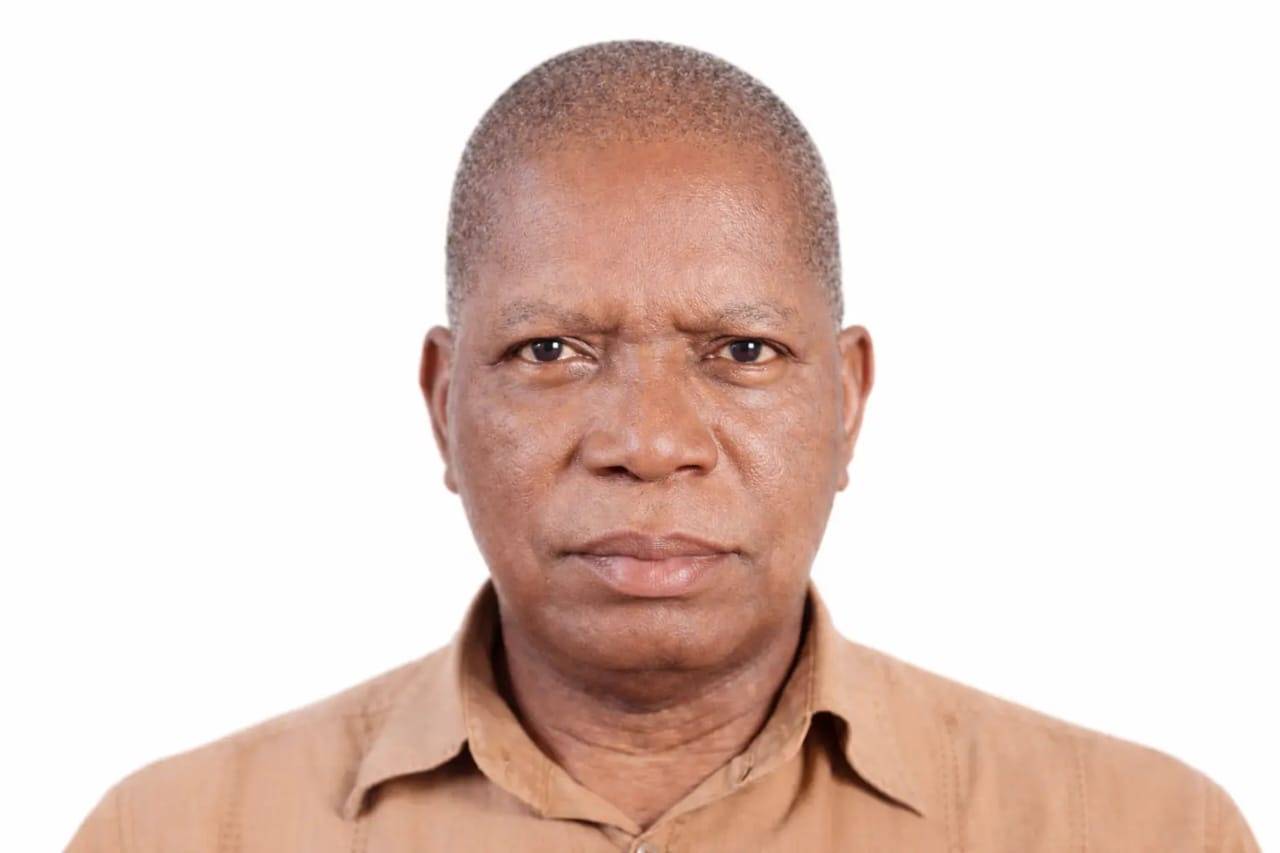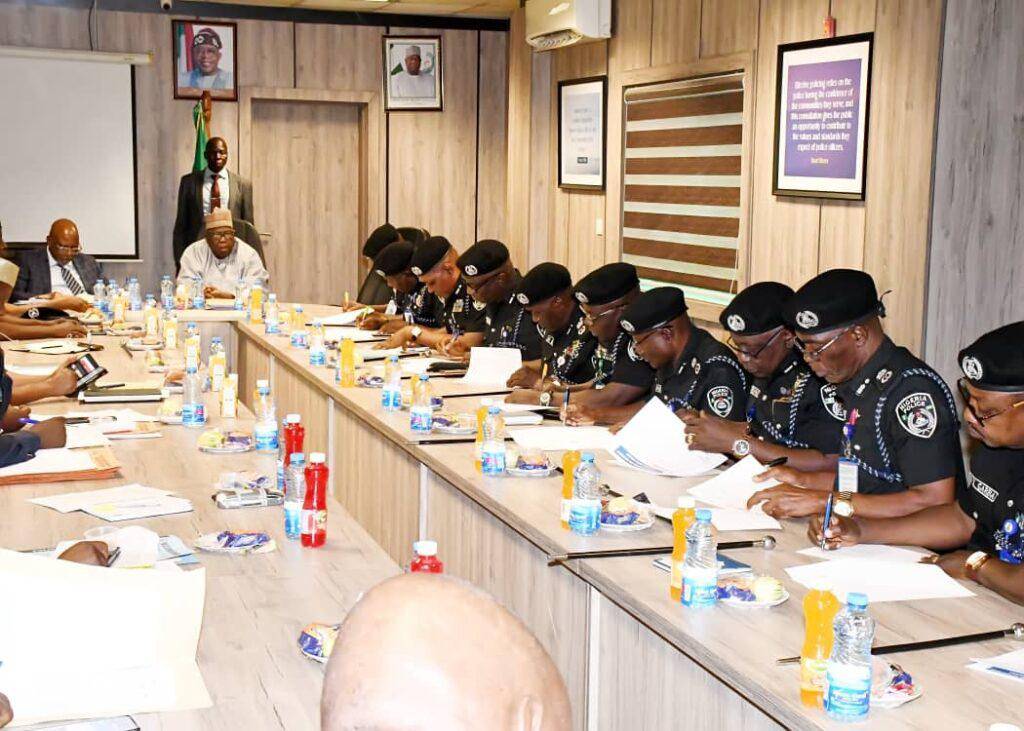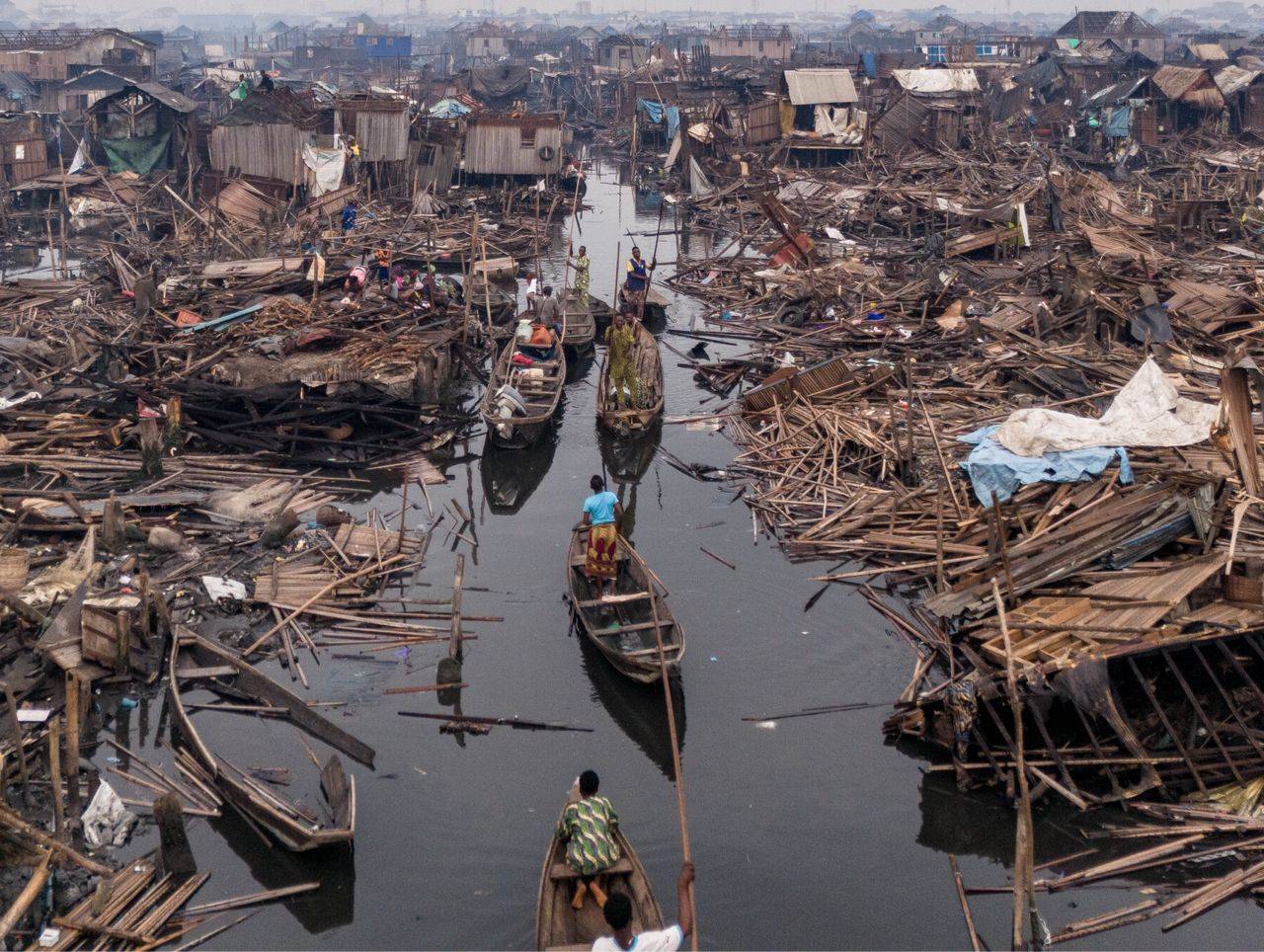Of all the things driving the unstable African Democratic Congress (ADC), the most potent is the desire to dethrone President Bola Tinubu. Established in 2005, the fringe party has no state or local government under its control. It has only two members in the House of Representatives. In each of the presidential elections it participated in since 2007, including in 2019 when ex-president Olusegun Obasanjo adopted it for his Coalition for Nigeria Movement, it never got up to 100,000 votes. It consistently underperformed, lacked ideological clarity, and has had a perverse fondness for being prostituted. It is to this party that the Atiku Abubakar-led coalition has turned for refuge and succour. In preparation for the 2027 elections, particularly the presidential poll, the ADC’s new leaders hope to change their party’s permissiveness and trajectory. To provoke that change, however, they will have to do a character surgery on the party’s new helmsmen and purge the party itself of the lethargy that had debilitated it for about two decades.
The party lacks ambition. So, those who have taken it over are desperate and eager to inject it with a horse dose of ambition. They see the party as the last straw they must clutch at, and the next presidential poll as the very last they stand any chance of participating in and winning. Apart from Alhaji Atiku, other new ADC leaders are former senate president David Mark, former Osun State governor and Internal Affairs minister Rauf Aregbesola, former Kaduna State governor Nasir el-Rufai, and former Rivers State governor Rotimi Amaechi, among many others. Former Anambra State governor and Labour Party (LP) presidential candidate in the 2023 poll continues his curious straddle, unsure whether to fully commit himself to a party he strongly doubts their bona fides. He is naïve to think they would be sincere enough to give him the presidential ticket. Former Ekiti State governor Kayode Fayemi continues to snap at the heels of the APC and the president in particular, but he has been reluctant to openly and hastily commit himself to the ADC. He wants to see which way the cat jumps before he commits political suicide.
These leaders, whether they are still in the closet or have openly committed themselves to the ADC cause, will do their utmost to ply the party with huge funds to make it competitive. They are scared of founding a new party and labouring to prime it for 2027. They are unsure they have the competence to run a hijacked party, and so they will do everything to prevent the adopted party from imploding. What might undo the party and probably cause it to unravel is, however, intrinsic to the personalities and character of the new leaders, not money. Most Nigerians already view the party as coalescing around the worldview and ambition of the former vice president. They are not wrong. Alhaji Atiku might have been unable to dominate the Peoples Democratic Party (PDP) for more than three election cycles, and whimsically for as long as he wished, but in the ADC, he is primus inter pares. The PDP is finding it hard to secure a southern candidate for the coming poll, for the ADC, it is much harder. But should the coalition defy Alhaji Atiku and secure the nomination for a southern candidate in alignment with conventional wisdom, they would find him a harder sell, for the party is unlikely to generate the momentum needed to drive the candidate to victory or aggregate a consortium of altruistic financiers and thinkers which that candidate would need to stand any chance of success.
The ADC’s dilemma is not helped by the person and character of Alhaji Atiku. He has shown over the decades that he looks after number one with unbridled fanaticism. He left the PDP because of his presidential ambition which he thought was being jeopardised by finicky and irresolute party leaders. He would be mystified to be asked to help build the ADC only to cede the nomination to a southern candidate. It is not in his character to surrender anything priceless for the common good. More importantly, for someone so fanatical about winning the presidency some day, it is strange that he has never really given a thought to the stabilising dynamics of preserving national unity through rotation or zoning of the presidency. Machiavellian through and through, he is in sum unconcerned about others, unconcerned about the stability of the country, and is inured to the feelings and patriotic actions of others, not to talk of having the capacity to adopt or promote lofty principles.
But he is not the only exponent of realpolitik in the new party. Mallam el-Rufai and Mr Aregbesola are cut from the same cloth, and are the archetypal politicians: opinionated, conceited, and verbally violent. Both owe no loyalty to anyone or idea. The ADC acting chairman, Sen. Mark, has sometimes been cast as a hero of democracy on account of his involvement in finding a solution to the succession impasse that crippled the country in the closing days of the late President Musa Yar’Adua’s life. If he didn’t see any advantage for himself and those who surrounded him, he would have abandoned any pretext to patriotism as eagerly as he colluded to undermine the final moments of the former military head of state Ibrahim Babangida’s transition programme.
He undermined the consummation of the said transition and helped in no small measure to derail MKO Abiola’s crowning after the 1993 presidential poll. The 77-year-old senator is no democrat; in fact, despite presiding over the Nigerian Senate for eight years from 2007, there was no time he said anything profound, or took inspiring step to fortify democracy.
Mr Amaechi does not necessarily bring up the rear in the ADC leaders’ display of lack of character. He nevertheless ranks fairly well for entirely the wrong reasons except in one area where he is incomparable. Some Nigerians think Mallam el-Rufai arrogant in part because he views politics through the prism of Fulani exceptionalism. Yes, he is irredeemably conceited, but he is no match for Mr Amaechi. The former Rivers governor has no unique gifts, whether rhetorical or intellectual, and he demonstrates no fidelity to truth; but he is proud, dismissive of others, and projects messianic propensity. Eight years as speaker of the state legislature, eight years as governor, and another eight years as Transportation minister have dulled his senses for comparison and proportion, and inculcated in him the delusion of grandeur. But like other ADC leaders, he does not know he is plagued by character deficit.
Overall, none of the ADC leaders can be pinned down to any philosophy or ideology, or any unique idea of Nigeria for that matter. Character in politics or leadership goes beyond the dictionary definition that equates it with “the mental and moral qualities distinctive to an individual.” It instead and more poignantly involves the possession of the “internal resources of strong moral compass, resilience and self-awareness”, and the “demonstration of integrity, responsibility, and commitment to ethical behavior” that ultimately manifest in great and lasting impact on the society. Two weeks ago, this column argued that the ADC had a long way to go to transform into a serious political party of any kind. If it managed to transcend its legal troubles, the piece said, a feat that might yet prove herculean, it would need political impresarios to turn the party into a full-fledged political organisation anchored on discernible and coherent ideological platform. It must, therefore, find a way to prove that it can build itself into a party inspired by the noble virtues of justice and equity, concluded the column.
A little more has become known of the party since that piece was published. A few political juggernauts previously sitting on the fence have thrown in their lot with the party; but so far, there has been no indication whatsoever of any of the new helmsmen being associated with noble or extraordinary ideas. Mallam el-Rufai is still embroiled in controversy in the SDP, which he threw into turmoil once he got into their midst; the surreptitious Kayode Fayemi, who is still expected to join the party, is still throwing darts at the president and the ruling party on the sidelines; and Mr Aregbesola has thrown himself into the thick of the street fighting he is used to in order to sow confusion and distrust in the Southwest.
If by some miracle the party acquires a measure of stability, and manages to attract an influx of stranded political souls, it will nevertheless still have to struggle to hold its centre together during electioneering as well as labour even more tediously to hold on to its converts as it tries to proselytise around the country selling political sure cures against hunger and northern and south-eastern marginalisation. The auguries are not good at all for the ADC. In the end, if the coalition leaders are not forced to take poison by going for a new party altogether, it will need tons of money to canonise the ADC and beguile the electorate. When the APC was on the back foot in 2015, it had the good fortune of crystallising its messages around the freshly varnished former president Buhari. The ADC does not boast of any such centralising figure, flawed or not, and may be unable to find one in the near term. But it has many makeshift magicians in its ranks who can perhaps conjure a few genetically modified rabbits from their worn hats.


